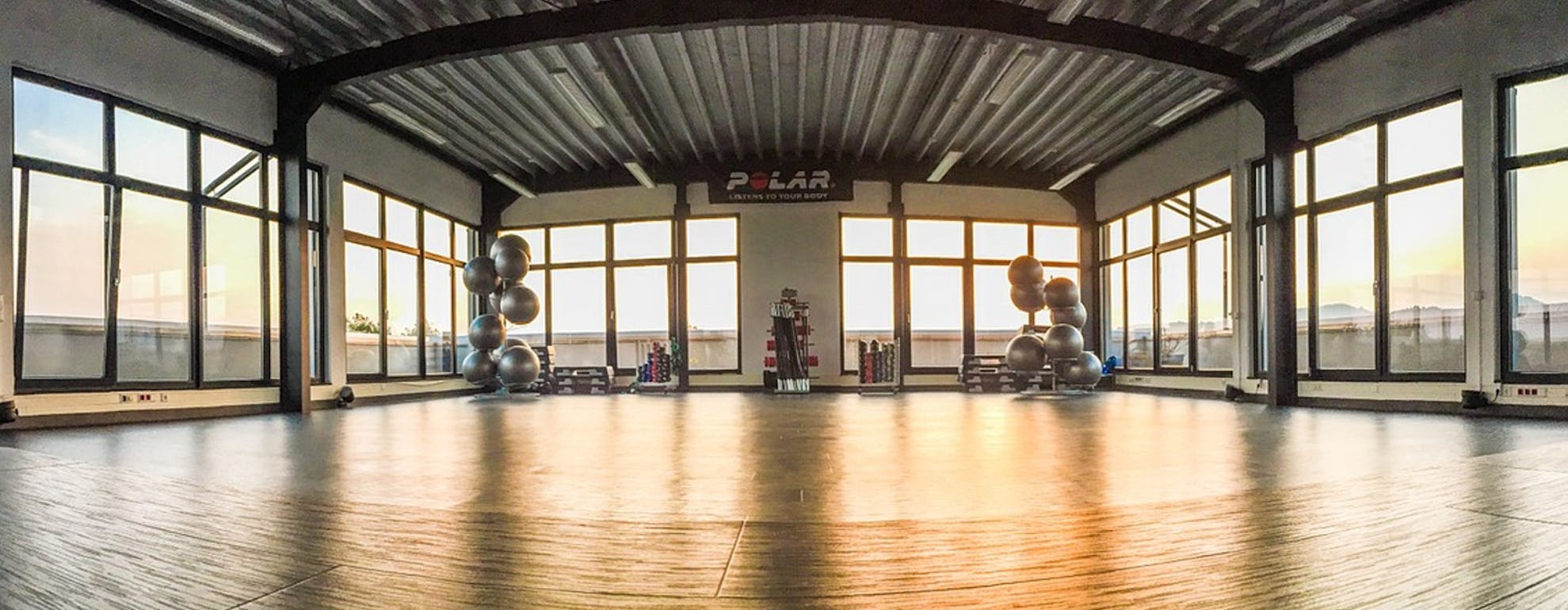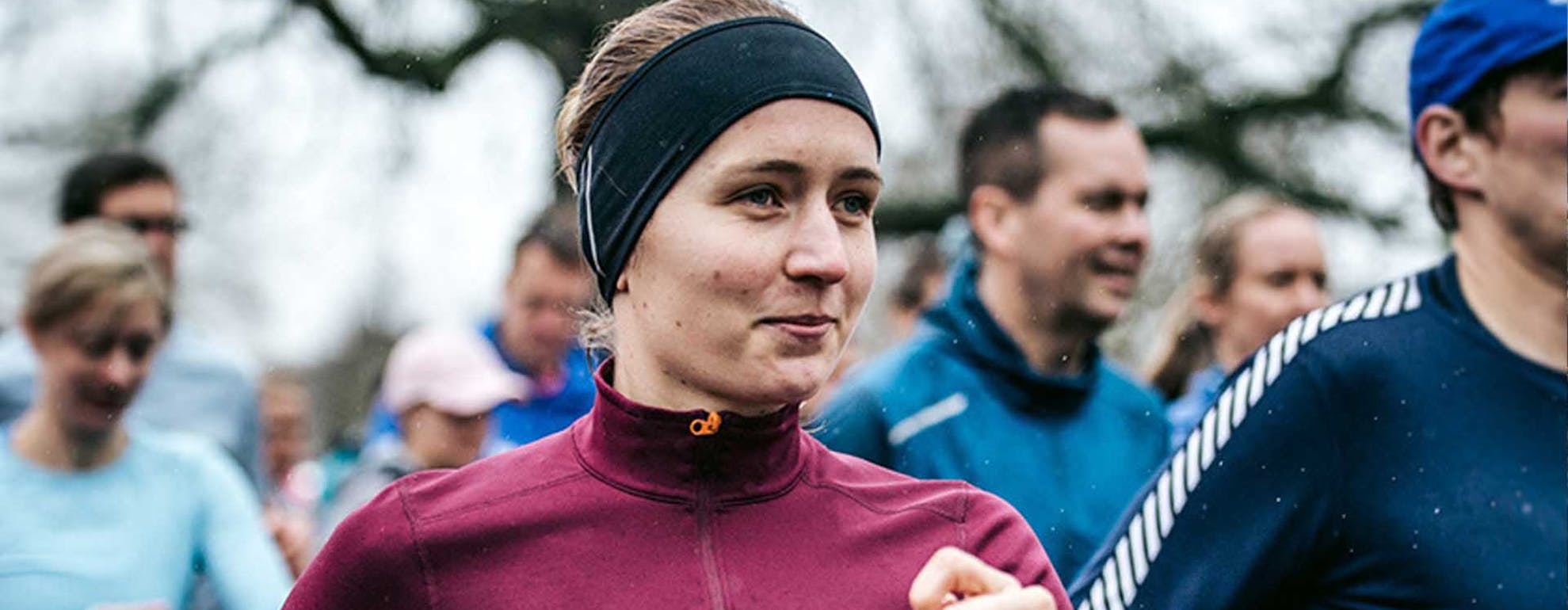
How to Become an Ultra Runner
Thinking of taking the plunge and running an ultra? Running coach and Team Salomon runner Donnie Campbell gives us his top tips.
ㅤ
ENTER AN ULTRA MARATHON
This will give you a goal to aim for and will help keep you focused and motivated. I would suggest choosing an ultra-marathon that you are likely to enjoy, so if you like road running then enter a road ultra or alternatively, if you prefer trails - enter a trail ultra and so on.
Also, be realistic with your target. As this is your first ultra-marathon I would suggest going for something like a 50 to 80km and giving yourself plenty of time to train for it. If you have already run a marathon you may want to give yourself 4-6months depending on distance, but if you have never run anything longer than a half marathon then I would give yourself at least 10-12 months to build up to it.
ㅤ
JOIN A RUNNING GROUP OR GET A RUNNING PARTNER
There are so many benefits to joining a running group or having a running partner, especially if they have some ultra-marathon experience. It can increase motivation and adherence to your training as you are less likely to miss a session if you have to cancel on someone. Also, if they have ultra-marathon experience then you will be able to get some tips from them. My favourite reason is it makes running more sociable, and there is nothing I like more than going away for a weekend with friends to run in the hills.Remember that Running is a Skill
Just like kicking a football, running is a skill. Yes, everyone can run but some people run more efficiently than others, just like everyone can kick a football but David Beckham can kick a football more effectively than me.
With this in mind, it is well worth working on your running form, as this will reduce the risk of injury and increase your efficiency. This is where Strength and Conditioning training will help but my best advice is to find a good running coach that you get along with, as they will be able to help you develop your running biomechanics.
Why not head over to our gym hub to read our guide on Strength Training for Runners?
ㅤ
PREPARE FOR THE WORST
Running an Ultra Marathon can be a brutal and a lot of people will DNF, not because they haven't done enough training, but because they haven’t prepared mentally.
If you prepare yourself and acknowledge the fact that it will probably be that hardest thing you have ever done, and how you are more than likely going to feel exhausted, cold and nauseous - then you will be ready for it to happen. The brain is a powerful tool and there are a lot of learnings you can apply from Sports Psychology, such as goal setting, positive self-talk, acceptance and more, to help you make the finish line. I recommend to all my athletes to read The Chimp Paradox by Dr Steve Peters to help them improve their mental strength.
ㅤ
DON’T TRY TO COPY THE ELITES
You may hear of some elite and experienced ultra-marathon runners logging 100 miles plus every single week and there is nothing wrong with it because they have built up to running this distance over multiple years. I would not try and log 100 miles a week for your first ultra-marathon, as you firstly don't need to run these distances to complete a 50-80km ultra marathon. Secondly, increasing your training load too rapidly will significantly increase the risk of getting injured. You should not increase your weekly training load by more than 10%, and every 4-6 weeks you should have a slightly easier week, as it takes your body 4-8 weeks to adapt to a training load.
ㅤ
CHECK THE KIT LIST
Most races will have a mandatory kit and a recommend kit list. These will dictate the kit you will need. Taking those into account, think about the environment you are going to be running in, how long you are going to be out for and plan to carry enough kit that will be able to keep you safe if the weather takes a turn, or you get into a spot of trouble. To give you a fair idea, here is the kit I will carry for a long training run in the UK hills:
Waterproof Jacket (a wind breaker if it’s a nice summer’s day)
Waterproof Trousers
Spare Warm Top (Winter)
Gloves
Survival Bag (Autumn, Winter, Spring)
Foil Blanket (Summer)
Food and Water for length of run
Mobile Phone
GPS / Compass
Map
ㅤ
HAVE FUN!
The most important tip of all though, is to have fun with your ultra-running training, because if you’re not having fun, then you should find something that you find more enjoyable. However tough, ultra-running should always be fun and rewarding!
ㅤ
Looking for some training tips and advice? Then head over to our Training category where our athletes and experts explain everything you need to know.
Welcome
Welcome to the SportsShoes Training Hub! We’ve teamed up with athletes and experts to bring you the very best advice on how to maximise your workouts and achieve your best results.
Read More
Share this
Featured Articles
View All



